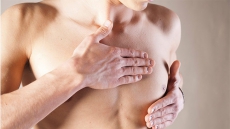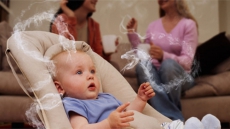In a revolutionary breakthrough for heart patients, scientists have come up with a way to power a cardiac pacemaker with an alternative energy source - the heart motion.
This new type of cardiac pacemaker is based on a commercially available, automatic wristwatch and does not require battery replacement.
"The heart seems to be a very promising energy source because its contractions are repetitive and present for 24 hours a day, seven days a week," said Adrian Zurbuchen, a PhD candidate from the cardio-vascular engineering group in the University of Bern, Switzerland.
To test the watch, researchers developed an electronic circuit to transform and store the signal into a small buffer capacity.
They then connected the system to a custom-made cardiac pacemaker.
The system worked in three steps. First, the watch acquired energy from the heart.
Second, the energy was temporarily stored in the buffer capacity.
And finally, the buffered energy was used by the pacemaker to apply minute stimuli to the heart.
The researchers successfully tested the system in experiments with domestic pigs.
The energy harvesting system has the potential to avoid both disadvantages by providing the world with a battery-less and lead-less pacemaker.
The next step is to integrate both the electronic circuit for energy storage and the custom-made pacemaker directly into the harvesting device.
"This will eliminate the need for leads," he concluded.
Zurbuchen presented the findings at the ongoing European Society of Cardiology (ESC) Congress, 2014 in Barcelona, Spain.





